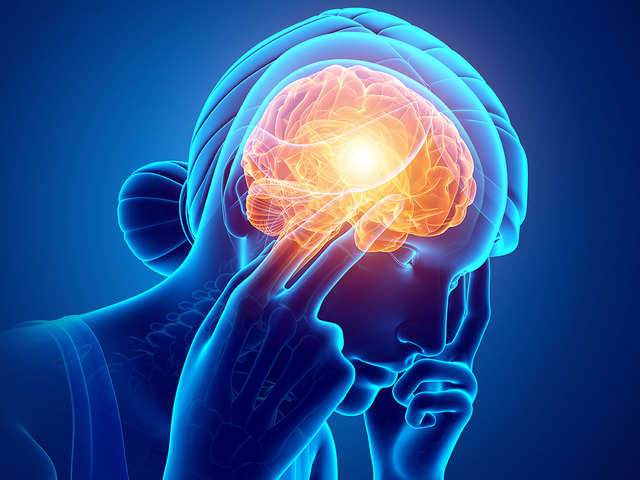How stress affects your brain!
Stress isn't always a bad thing. It can be handy for a burst of extra energy and focus, like when you're playing a competitive sport or have to speak in public. But when it's continuous, the kind most of us face day in and day out, it actually begins to change our brain. chronic stress like being overworked or having arguments at home can affect brain size its structure and how it functions right down to the level of your change stress begins with something called the hypothalamus-pituitary in the adrenal axis.
A series of interactions between endocrine glands in the brain, an opportunity that controls your body's reaction to stress. When your brain detects a stressful situation, your HPA axis. Is instantly activated and releases a hormone called cortisol which primes your body for instant action but high levels of cortisol over long periods of time wreak havoc on your brain.
For example, chronic stress increases the activity level and the number of neural connections. The amygdala, your brain's fear center, and as levels of cortisol rise electric signals in your hippocampus.
The part of the brain associated with learning memories and stress control deteriorates the hippocampus also inhibits the activity of the HPA axis, so when it weakens, so does your ability to control your stress. That's not although cortisol can literally cause your brain to shrink in size. Too much of it results in the loss of synaptic connections between neurons and the shrinking of your prefrontal cortex.
The part of your brain that regulates behaviors like concentration, decision making, judgment, and social interaction. It also needs to fuel new brain cells being made on the campus. This means chronic stress might make it harder for you to learn and remember things and also set the stage for more serious mental problems like depression and eventually Alzheimer's disease.
The effects of stress may filter right down to your brain's DNA and an experiment showed that the amount of nurturing a mother rat provides. Its newborn baby plays a part in determining how that baby responds to stress later in life. The pops of nerves turned out less sensitive to stress because their brains developed. More cortisol receptors stick to cortisol and dampen the stress response. The pumps of negligent moms had the opposite outcome and so became more sensitive to stress throughout life.
These are considered epigenetic changes, meaning that they affect which genes are expressed without directly changing the genetic code. And these changes can be reversed if the models are swamped, but there's a surprising result. Epigenetic changes caused by one single mother rap were passed down to end generations of rats after working. In other words, the results of these actions were comparable.
it's not all bad news though there are many ways to reverse what cortisol does to your stressed brain the most powerful weapons mixer size most powerful weapons are exercised and meditations which involves breathing deeply and being aware and focused on your surroundings. Both of these activities increase your stress and increase the size of the hippocampus, thereby proving your memory. So don't feel defeated by the pressures of daily life. Yet in control of your stress before it takes control of you.



Comments
Post a Comment